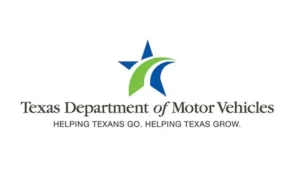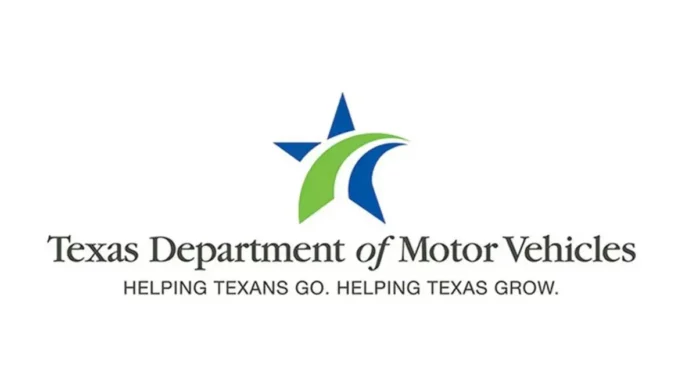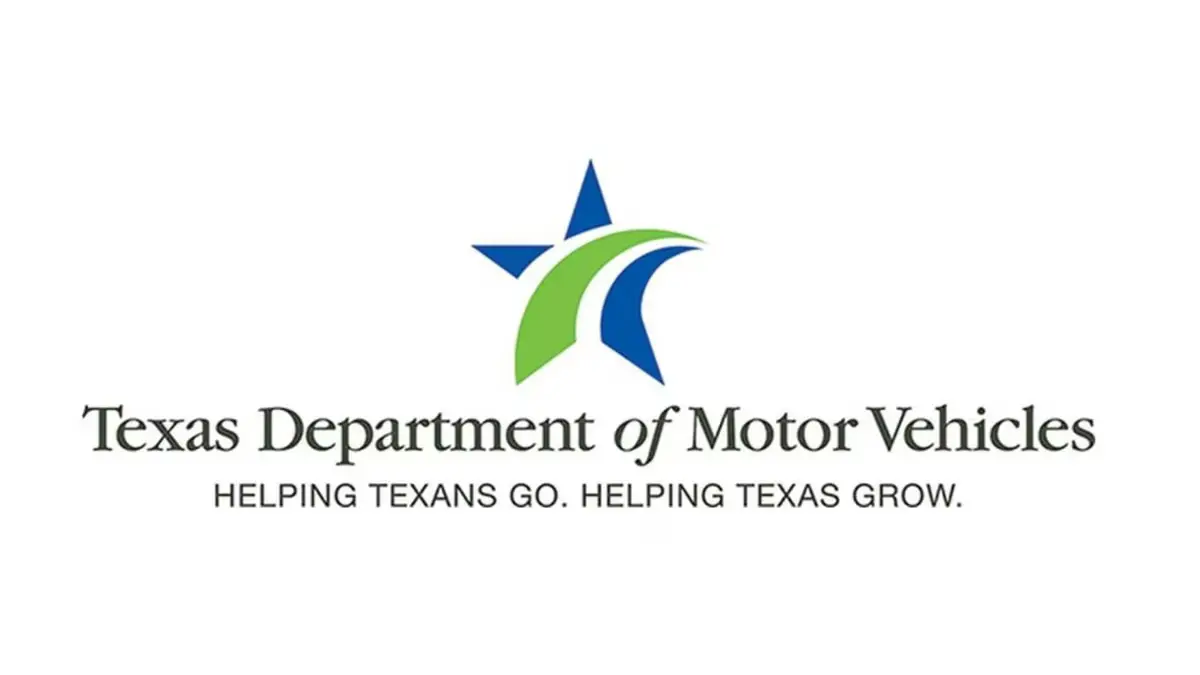DMV Tx – Commercial Vehicle Licensing: Details on the process of licensing commercial vehicles in Texas, including specific requirements, necessary exams, and applicable fees.
Commercial vehicles in Texas require specialized licensing. The specific requirements depend on the type and weight of the commercial vehicle. This may include obtaining a commercial driver’s license (CDL), completing additional endorsements, passing written and skills exams, and meeting medical qualifications. The fees for commercial vehicle licensing vary based on the license type and endorsements.
Here’s the information about commercial vehicle licensing in Texas, including the process, requirements, exams, and fees:
-
Commercial Driver’s License (CDL):
- If you plan to operate certain types of commercial vehicles in Texas, you’ll need to obtain a Commercial Driver’s License (CDL). The CDL is a specialized license that allows you to legally drive commercial vehicles, including large trucks and buses.
-
CDL Requirements:
- Age Requirement: You must be at least 18 years old to obtain a CDL for intrastate (within Texas) driving and 21 years old for interstate (across state lines) driving.
- Valid Driver’s License: You must possess a valid regular driver’s license issued by the state of Texas.
- Medical Certification: You’ll need to provide a current medical examiner’s certificate to demonstrate that you meet the physical qualifications necessary for operating a commercial vehicle.
-
CDL Exams:
- Written Knowledge Test: You are required to pass a written knowledge test that covers general knowledge, air brakes (if applicable), and any additional endorsements you may need.
- Skills Test: After passing the written knowledge test, you’ll need to pass a skills test that includes a pre-trip inspection, basic vehicle control, and on-road driving.
-
CDL Endorsements:
-
Depending on the type of commercial vehicle you intend to operate and the cargo you plan to transport, you may need additional endorsements on your CDL. Common endorsements include:
- Hazmat (H): For transporting hazardous materials.
- Tank Vehicles (N): For driving tanker trucks.
- Double/Triple Trailers (T): For towing double or triple trailers.
- Passenger (P): For driving vehicles carrying passengers.
-
CDL Fees:
- CDL Application Fee: There is a fee associated with applying for a CDL in Texas. The exact amount may vary, so it’s advisable to check the Texas Department of Public Safety (DPS) website or contact your local DPS office for the current fee.
- Endorsement Fees: If you need any additional endorsements on your CDL, there may be additional fees for each endorsement.
-
CDL Renewal:
- CDLs need to be renewed periodically. The renewal period varies, but it’s typically every four years. The renewal process may involve additional testing or requirements, depending on any changes in regulations.
It’s important to note that the information provided is a general overview of commercial vehicle licensing in Texas. Specific requirements, exams, and fees may vary based on the type of commercial vehicle and endorsements needed. It’s advisable to consult the Texas Department of Public Safety (DPS) or visit their official website for more detailed and up-to-date information regarding commercial vehicle licensing in Texas.
Obtaining a CDL allows you to legally operate commercial vehicles, ensuring safety and compliance with state and federal regulations. Make sure to study and prepare for the required exams and fulfill all necessary requirements to obtain and maintain your CDL in Texas.


